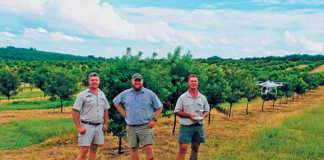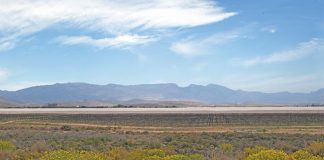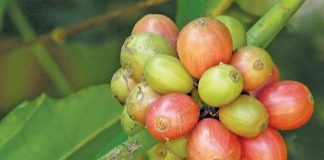
A carbon tax is levied on the emission of hydrocarbon fuels. Typically, the fuel is burnt to produce energy. When burnt, the end-product is carbon dioxide (CO2).
Types of hydrocarbon fuel include coal, petrol, diesel and natural gas.
Revenue officials are of the view that a heavy tax will discourage the use of such fuel. But cars, aeroplanes, ships, trains, trucks, tractors and many other implements burn hydrocarbon fuel. Electricity also comes to us via this kind of fuel since the turbines that produce electric power are most often coal- or diesel-powered.
At this stage, attempts to reduce the use of hydrocarbon fuel have proved futile. Everyone relies on it, from the farmer to the office clerk.
I believe the only thing that will reduce the use of hydrocarbon fuel is a lack of it. If there is no more of it, industry must make another plan.
Moreover, the argument can be made that there are no truly energy-creating
devices that are totally environmentally neutral. Even wind turbines are harmful to nature, as they kill birds.
Local carbon tax bill
In South Africa, the Carbon Tax Bill will be implemented in 2019. Other countries already have a carbon tax in place.
But will the taxes really be used to mitigate climate change?
Or is the tax simply another way to increase the tax base?
From government communications, the idea seems to be to tax every ton of CO2 released at R120. However, a number of thresholds have been proposed to reduce this high number.
For certain industries, a 60% threshold will apply; they will be taxed on only 40% of their emissions.
Then there is a mix of performance exemptions for certain sensitive sectors of the economy and an offset allowance. Presumably, the allowance will follow the Kyoto Protocol. In this model, traders sell carbon credits to carbon emitters; this credit reduces the emissions on paper.
The tax-free thresholds allowed will be a maximum 95% of the emissions.
How farmers can benefit from carbon credits
Two aspects of the new tax should be of interest to South African farmers. Credits can be obtained by growing carbon ‘sinks’, plants that use considerable CO2. Using other forms of energy can also lower the operational costs of the farm.











